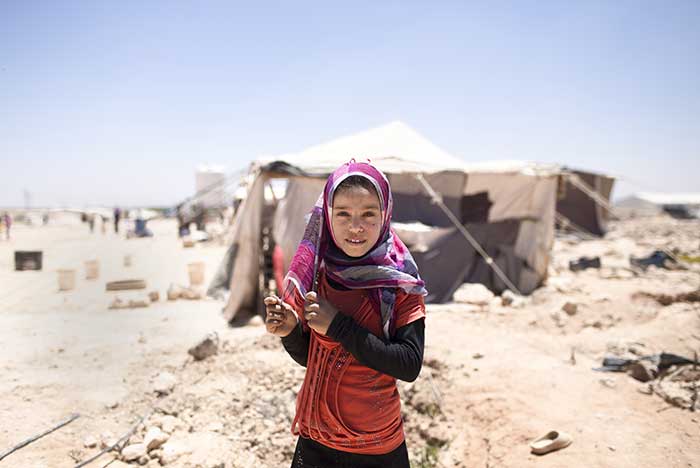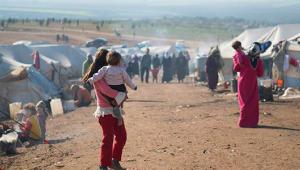web_syrianrefugeejordan_shutterstock_370632818.jpg

A Syrian girl in a refugee camp in Jordan
Convergence, a platform focused on facilitating blended finance arrangements, announced today that it has awarded impact investment specialists Kois Invest a design grant to explore the feasibility of the DIB.
Under a DIB, private investors pay the upfront costs and bear the risks of a development project, and are later reimbursed by donors, often governments, based upon the results achieved.
The innovative mechanism has been praised for being able to leverage new sources of finance, especially for risky or complex projects, improve efficiency and enable much-needed flexibility in how resources are used.
This particular DIB would fund a number of interventions aimed at improving the lives of Syrian refugees living in the region, spanning multiple countries including the three main destination nations for Syrian refugees – Turkey, Jordan and Lebanon – as well as Iraq, Syria, Yemen and Gulf states.
Francois De Borchgrave, managing partner of Kois Invest, explained that countries in the region are facing “tremendous difficulties” in dealing with the migration pressures and offering a decent living to Syrian refugees, fleeing a conflict that has sparked the worst migration crisis since World War II.
As of March this year, over 4.8 million people had left their homes in Syria in search of safety. Over 2.7 million of those went to Turkey, more than 650,000 went to Jordan, and more than a million to Lebanon.
The three nations bear the brunt of the crisis, and Syrian refugees face a difficult existence in all three. Host communities too are struggling, as public services buckle under the weight of the added pressure, especially in Lebanon where refugees now make up a quarter of the population.
Convergence said the DIB would prioritise interventions that are “demand-driven, effective and scalable”, such as vocational training, entrepreneurial support and language skills.
Kois Invest will now use Convergence’s grant to conduct a feasibility study into the proposed DIB. Afterwards a proof of concept will need to be completed to design, test and understand the product’s costs and benefits for investors, as well as its development impact.
The design grant for the bond comes from 10m CAD ($7.6m) in funding from the Canadian government, given to Convergence to award for DIB design over the next five years.
“Supporting innovative approaches to financing international development is a priority for our government,” said Marie-Claude Bibeau, Canada’s international development minister.
“Through Convergence we will help Syrian refugees who have fled to neighbouring countries, including women and girls, access resources to improve their incomes and open the door to new opportunities.”
Humanitarian and development funding has not been able to keep pace with rising need, despite record amounts of donated funds.
Amid an under-funding crisis, the sector is calling for new mechanisms that can leverage resources from the private sector and philanthropy, with DIBs being one of the youngest around. But they can be complex and costly to set up.
There are currently only two development impact bonds in operation globally.













